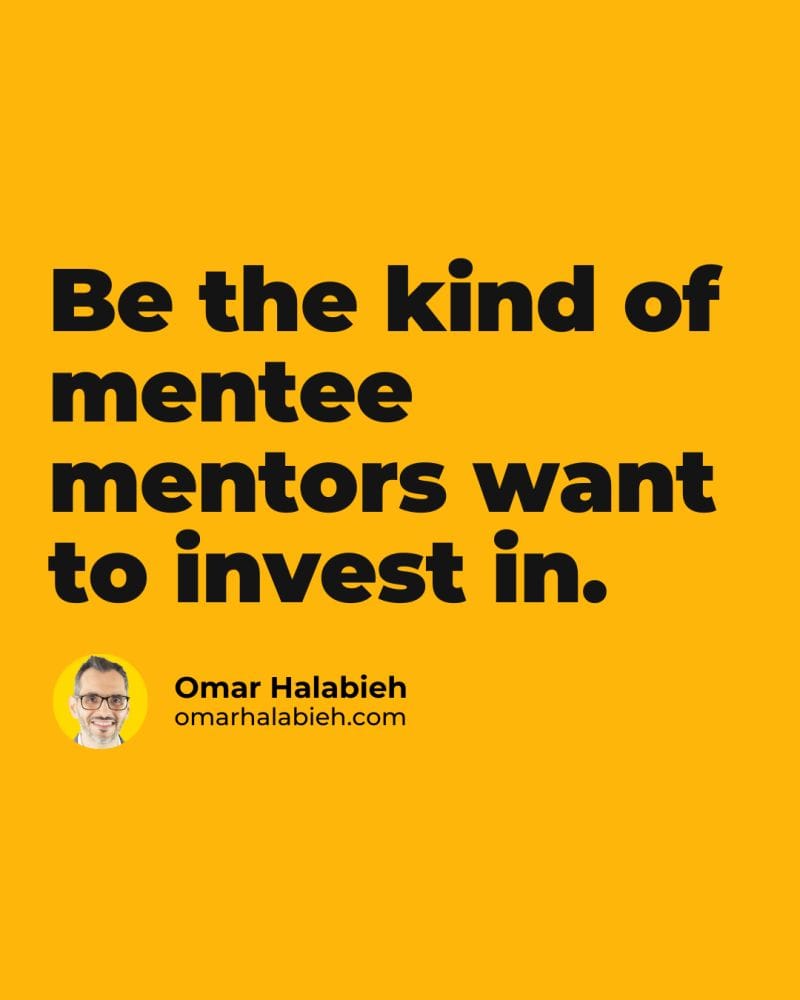You DON'T need more experience to mentor others.
Here's how to get started as a mentor and make a difference TODAY:
1. Don't wait
Why: It will help you grow, serve others, and improve this skill.
How: ↳Identify individuals who are at a stage you were in 2-3 years ago. ↳Reach out to potential mentees or mentoring programs. ↳Share your interest in mentoring with your network.
2. Ask questions
Why: Helps gather necessary inputs for guidance and brings the mentee along the journey
How: ↳Ask open ended questions (e.g. what makes you think that)? ↳Limit "why" questions to avoid sounding judgmental.
3. Actively listen
Why: Foundational to understanding the situation and guiding the conversation
How: ↳Listen to understand, not to respond. ↳Be present, eliminate distraction. ↳Periodically summarize what is being said to ensure understanding.
4. Understand Mentee
Why: The more you know about your mentee, the more tailored and effective your guidance can be.
How: ↳Ask open ended questions to learn more about them (e.g. background, aspiration). ↳Encourage them to share with you relevant artifacts. ↳With their permission, reach out to stakeholders they work with for first-hand input.
5. Suspend Judgement
Why: Create a safe, trusting, open environment encouraging vulnerability and growth.
How: ↳Don't make assumptions, ask. ↳Avoid labeling things as good or bad. ↳Emphasize learning from past events.
6. Set Expectation
Why: Clear expectations ensure the relationship is effective for both sides.
How: ↳Establish ground rules for mentorship. ↳Discuss and agree on the frequency and format of meetings. ↳Regularly review and adjust progress and expectations.
7. Provide guidance
Why: It's important that the mentee makes their own decisions, as they are both accountable for the outcome and know their situation best.
How: ↳Provide inputs vs. telling the mentee what to do. ↳Encourage additional perspectives to be considered.
8. Be Courageous
Why: Mentoring sometimes involves challenging the mentee (e.g., how they think). Having these crucial conversations is foundational for growth.
How: ↳Focus on being kind rather than just being nice. ↳Provide support. ↳Stretch mentee beyond their comfort zone.
Bonus:
0. Be Excited
Why: Your positivity radiates to the mentee and the relationship
How: ↳Celebrate progress (no matter how small) ↳Use supportive and uplifting language ↳Smile and have fun
b PS: Mentorship is one of the most rewarding professional experiences - for both sides.

